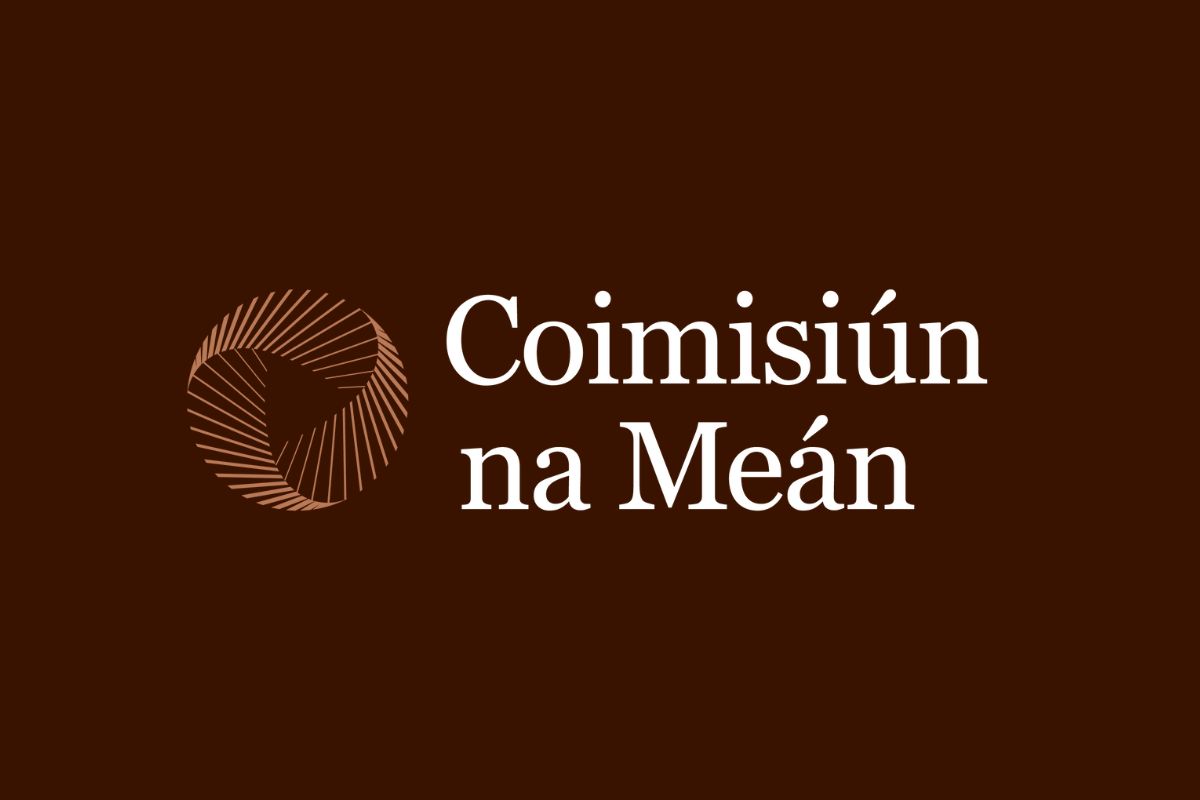In accordance with Section 67(3) of the Broadcasting Act 2009 as amended (“the Act”), Coimisiún na Meán (“An Coimisiún”) hereby states its intention to proceed to invoke the fast-track licensing procedure under Section 67(6) of the Act for the award of each of the nine sound broadcasting contracts described below. Any person other than the incumbent interested in providing a sound broadcasting service is required to submit in writing that they wish to apply for the award of the sound broadcasting contract for the area concerned and to deposit the sum of €20,000 with An Coimisiún by the specified date. Such deposit is refundable if an application for the award of the sound broadcasting contract is subsequently submitted to An Coimisiún, in accordance with Section 67(5) of the Act.
The written submission must be completed in accordance with the format and by the date specified in the relevant “Guide to Submissions: Statement of Intent” published in respect of each contract below. A Statement of Intent in response to this notice will not be regarded as an application for the sound broadcasting contract. An invitation to apply for the award of the sound broadcasting contract in accordance with Section 65(8) of the Act will be issued separately, should An Coimisiún consider it appropriate to do so.
Munster
- South East Region comprising Waterford City and County, South Tipperary, and Counties Carlow, Kilkenny and Wexford – Music-driven regional service for the 15 – 34 age group
The Contract, currently held by WKW FM Limited and broadcasting as Beat 102-103, is due to expire on 30 March 2025.
Guide and Form
- County Kerry – Broad-format local service
The Contract, currently held by Raidió Chiarraí Teoranta and broadcasting as Radio Kerry, is due to expire on 9 April 2025.
Guide and Form
- Cork City and County – two services to be operated under a single contract, as follows:
- Broad-format local service, broadcasting as C103
- Music-driven local service for the 25-44 age group, broadcasting as Cork’s 96FM
The Contract, currently held by County Media Limited and broadcasting the above services, is due to expire on 30 April 2025.
Guide and Form
Connaught-Ulster
- North Donegal – Broad-format local service
The Contract, currently held by Donegal Highland Radio Limited and broadcasting as Highland Radio, is due to expire on 30 March 2025.
Guide and Form
- County Sligo, South Donegal and North Leitrim – Broad-format local service
The Contract, currently held by North West Broadcasting Limited and broadcasting as Ocean FM, is due to expire on 30 March 2025.
Guide and Form
Leinster, excluding Dublin City and County
- Counties Kilkenny and Carlow – Broad-format local service
The Contract, currently held by C.K. Broadcasting Limited and broadcasting as KCLR 96FM, is due to expire on 21 April 2025.
Guide and Form
- Counties Laois, Offaly and Westmeath – Broad-format local service
The Contract, currently held by Midlands Community Radio Services Limited and broadcasting as Midlands 103, is due to expire on 30 March 2025.
Guide and Form
Dublin City and County
- Dublin City and County – Music-driven local service for the 15 – 34 age group
The Contract, currently held by Bauer Audio Ireland Limited acting as a general partner of Bauer Audio Ireland LP and broadcasting as Spin103.8, is due to expire on 5 April 2025.
Guide and Form
- Dublin City and County – Niche music-driven local service
The Contract, currently held by Star Broadcasting Limited and broadcasting as Sunshine 106.8, is due to expire on 30 March 2025.
Guide and Form







